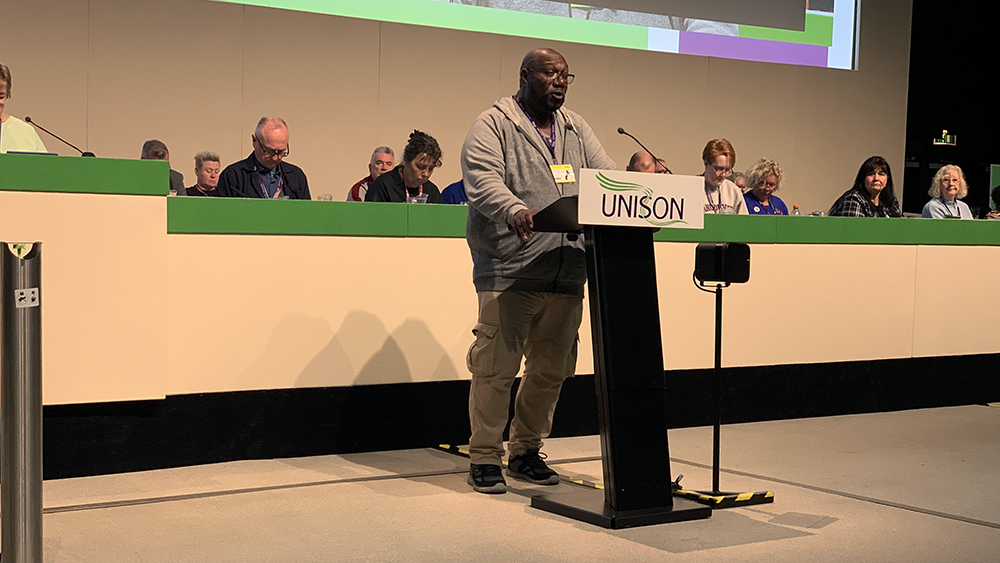UNISON today urged NHS managers to facilitate more flexible working arrangements, including giving staff greater control over their shift patterns and enabling compressed hours.
This call comes in light of a new UNISON survey indicating that a substantial proportion of healthcare workers are not being granted the alternative work patterns they have requested.
The survey found that 65% of women employed in healthcare in the UK who had asked for different work arrangements had their requests agreed in full. However, more than one in five (22%) were unable to obtain flexible working, and a further one in eight (13%) had their requests initially refused but eventually found acceptable compromises.
Specific instances highlighted include a healthcare worker whose request for a change in her work pattern was refused, despite her needing to administer regular insulin injections to her diabetic daughter. Another case involved an NHS employee caring for her 99-year-old grandmother; her request to start her shift at 9pm, allowing her to put her grandmother to bed, was denied, with managers insisting on a 7pm start.
UNISON suggests that adopting a more flexible approach could encourage both current and prospective NHS staff to remain or join the service. The union points to flexible working reforms introduced in the NHS in 2021, following negotiations between health unions and the government. Furthermore, from this month, employees across all sectors can request flexible working arrangements from the first day of their employment.
Despite these reforms, UNISON’s survey of more than 12,000 women working in the healthcare sector revealed that 50% had not asked for flexible working, with a third of these unaware it was an option. The union emphasizes the necessity for both staff and employers to be more aware of the opportunities for flexible working.
Helga Pile, UNISON’s head of health, commented: “All NHS staff – whether they’re nurses, paramedics, operating theatre staff, porters, cleaners or control room workers – have a right to request flexible working. But some managers still have a take-it-or-leave-it attitude. NHS staff are leaving the service because they have no proper work-life balance. More freedom over working arrangements would help attract new staff and persuade more experienced employees to stay.
“That would help reduce vacancy rates, cut waiting times and improve the quality of care. Everyone benefits from greater flexibility. Not just the individual changing the way they work, but employers and patients too. A flexible approach can help tackle burnout, improve staff wellbeing and make for a more productive, contented workforce too.”

















